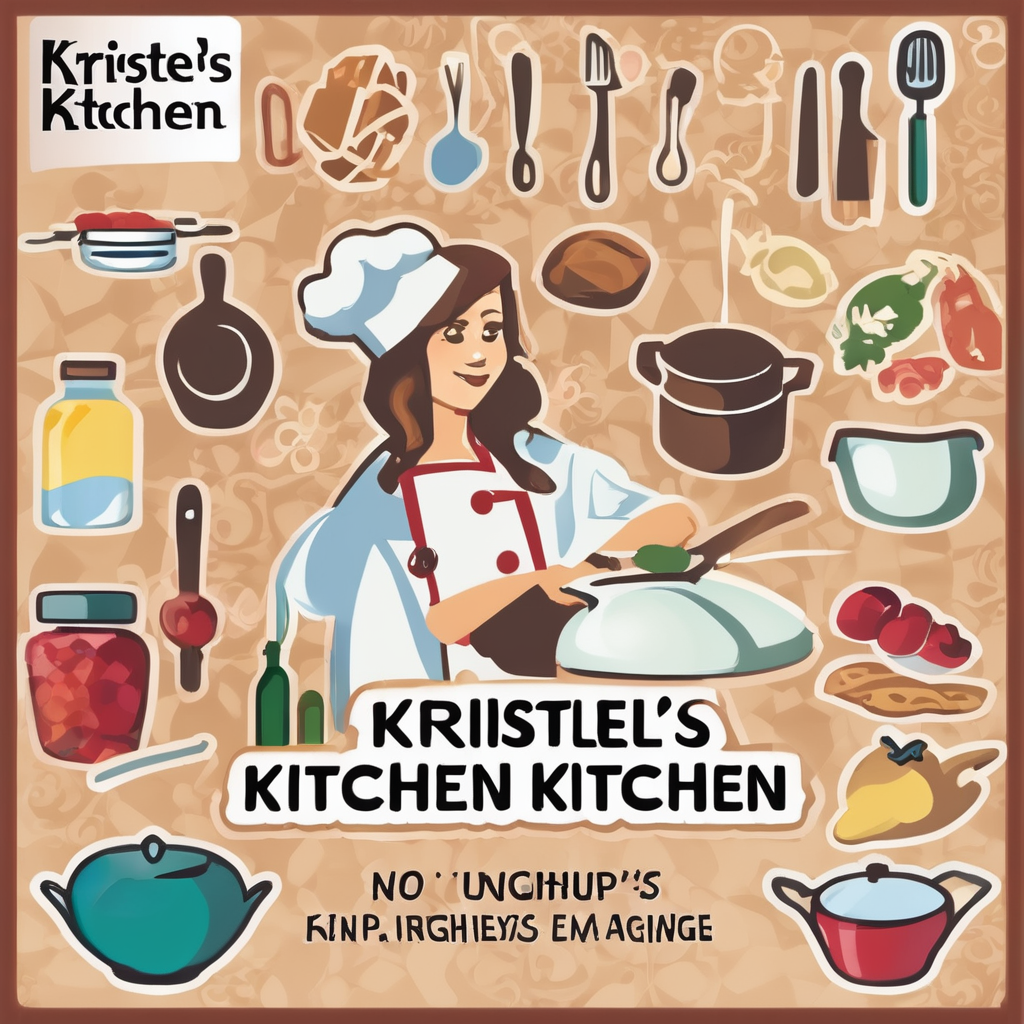Overview of Food Diaries
A food diary serves as a systematic approach to record food intake and related experiences, designed to aid individuals in managing their diet effectively. Originally, food diaries were simple paper logs used primarily by health enthusiasts to keep track of their eating patterns. However, with technological advancements, these tools have evolved into comprehensive digital applications that offer extensive dietary insights.
In the realm of dietary management and weight loss, food diaries have become indispensable. By noting every morsel consumed, individuals gain enhanced awareness of their eating habits. This self-awareness often serves as the initial step in recognising patterns and triggers for overeating. Furthermore, documenting food intake can act as a motivational tool, reinforcing the psychological commitment to weight loss goals.
Also to read : Elevate Your Hydration Game: Perfect Water Dispenser Designs for a Health-Conscious Kitchen
Historically, food diaries have transitioned from mundane record-keeping practices to interactive platforms, offering tailored feedback and analysis. This shift underscores their growing significance in contemporary dietary management strategies. Emphasising accountability and transparency, food diaries encourage thoughtful eating and enable individuals to identify areas for nutritional improvement, actively contributing to successful weight loss journeys.
Benefits of Maintaining a Food Diary
Keeping a food diary is a highly beneficial practice for anyone looking to enhance their dietary habits. One of the primary advantages is the augmented self-awareness it brings regarding one’s eating patterns. By recording daily intake, individuals can identify unhealthy patterns, triggers for overeating, and learn from their behavioral cues, fostering a proactive stance toward healthier eating choices.
Also read : Unlocking the power of frozen vegetables: a smart guide to crafting weight loss-friendly meals
Moreover, maintaining a food diary significantly increases accountability. The act of routinely documenting meals serves as a constant reminder of one’s dietary goals, particularly those related to weight loss support. This documentation not only aids in visualizing food consumption but also acts as a deterrent to unhealthy snacking or overeating, as one becomes more conscious of their food choices.
Research studies reinforce these observations, highlighting the correlation between consistent food journaling and successful weight management. Individuals using a food diary are often more motivated to adhere to their dietary plans. They can track their progress more tangibly and experience a sense of achievement as they notice positive changes over time. Thus, these diaries are powerful tools in fostering accountability and supporting weight loss.
How to Create and Maintain a Food Diary
Creating a food diary begins with choosing a method that suits your lifestyle, whether traditional paper logs or digital apps. For effective tracking, start by detailing every meal and snack consumed, including portion sizes and times. Establishing this habit is critical to gaining insightful data on your dietary patterns.
Step-by-step guide for beginners:
-
Begin each day by planning or recording intended meals.
-
Be honest and meticulous when noting down food intake. Accuracy ensures more meaningful analysis later.
-
If using an app, explore features like barcode scanners for easier recording and tracking of nutritional information.
For consistent diary maintenance, schedule a specific time daily to log your entries. This routine fosters discipline and minimizes forgetfulness. Common pitfalls include omitting small snacks or estimating portions incorrectly. Awareness is key—double-check what you log initially.
When crafting your food diary, be mindful of these guidelines to uphold accuracy and consistency. Avoid pitfalls by reminding yourself of your goals and making every entry count. Following these tips, the diary becomes a vital tool for understanding and improving dietary habits.
UK Resources for Food Diary Management
Navigating dietary management in the UK requires the right tools and resources. Food diary apps are pivotal, transforming traditional tracking into an interactive experience. These applications often provide comprehensive insights aligned with UK dietary guidelines, aiding in weight loss and promoting healthier habits.
Top food diary apps available in the UK
Several top-rated food diary apps cater specifically to the UK audience. They offer features like calorie tracking, meal suggestions, and UK-specific food databases. These apps simplify daily logging and provide tailored feedback, enhancing users’ dietary management efforts.
Local resources and support groups for weight loss
The UK boasts numerous local resources for weight loss, including community support groups and health initiatives. These programs often complement food diary usage, fostering accountability and motivation through shared experiences and support.
UK dietary guidelines and how they relate to food diaries
UK dietary guidelines serve as a foundation for creating balanced meal plans within food diaries. By aligning daily logs with these standards, individuals can ensure comprehensive nutrient intake, further supporting their weight loss and overall health objectives. Proper adherence to these guidelines through food diaries promotes better eating practices.
Meal Planning Ideas for a UK Kitchen
Utilising a food diary effectively goes hand-in-hand with structured meal planning. Beginning with sample strategies, UK kitchens can benefit from integrating a food diary to organise meals effectively. Planning ahead enables clearer tracking of food intake and aligns with weight loss objectives thanks to the meticulous pacing food diaries provide.
Exploring healthy and easy-to-make UK recipes can kickstart this process. Dishes like Shepherd’s Pie with sweet potato mash or a simple baked cod with roasted vegetables offer nutritious alternatives while celebrating the UK’s culinary roots. Incorporating these balanced meals regularly supports sustained dietary management.
Including traditional British cuisine in your food diary fosters adherence to cultural tastes. Meals like a light English breakfast or tea-time salads with lean proteins can be adjusted for healthier consumption without losing their essence.
Finally, remaining both mindful and creative with a food diary elevates meal planning games. By combining traditional delicacies with health-conscious tweaks, and supported by detailed logging, UK kitchens can effortlessly transition into healthier dietary regimes. This approach perfectly aligns cultural preferences with personal health goals.
Personal Success Stories and Testimonials
Gaining insight into real-life experiences can powerfully motivate dietary management. Weight loss testimonials highlight personal journeys with food diaries, demonstrating the transformative potential of consistent tracking. For instance, Sarah from Birmingham used a food diary to identify snacking triggers, leading to a 15-pound weight reduction. By recording meals, she uncovered patterns of late-night snacking, replacing them with healthier options.
Moreover, success stories often reveal diverse approaches tailored to individual lifestyles. Timothy combined his diary with exercise, accelerating progress. His method integrated food tracking with a tailored workout regime, emphasising overall wellness. Users like Timothy show the diary’s adaptability to various goals, whether focusing solely on diet or incorporating fitness.
Community plays a crucial role in maintaining momentum. Real-life examples reveal that support networks enhance commitment. Participating in group challenges or sharing updates within a community fosters accountability and encouragement. Emma, another diary user, found inspiration in an online group, reinforcing her resolve through shared achievements.
These success stories underscore the empowering effects of food diaries, offering valuable insights for those embarking on their weight loss journey.

